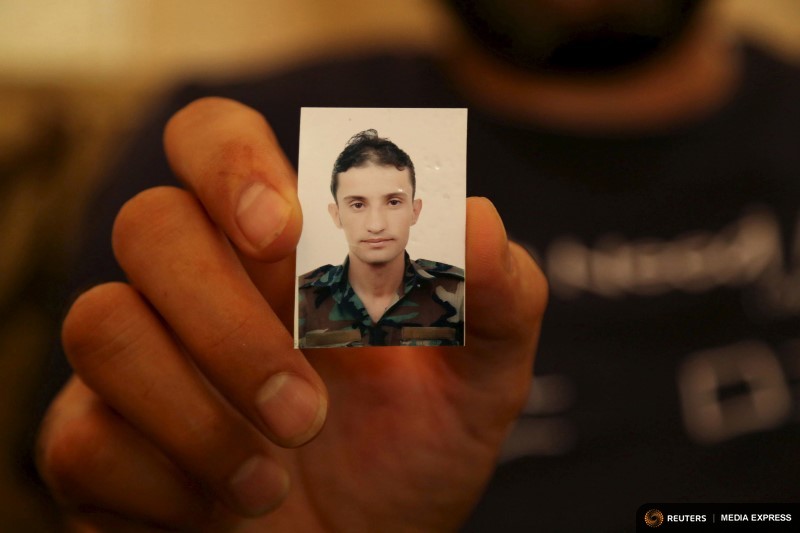By Derek Willis and Cecilia Reyes/ProPublica
On a Monday afternoon in October 2011, West Virginia Democrat Nick J. Rahall II waited at the Charleston airport for a 4:50 p.m. U.S. Airways Express flight to Washington. If the plane left on schedule, the roughly 80-minute flight would allow him to get to the Capitol in time for votes in the House of Representatives that evening.
Things did not go according to plan. The flight didn’t leave Charleston for another four hours, giving Rahall, then the top Democrat on the House Transportation & Infrastructure Committee, plenty of time to “boil over,” as he later wrote. When he finally arrived in Washington, having missed three votes, he lambasted the airline’s handling of the delay in a statement in the Congressional Record:
“At moments, the arrival/departure information was so confused that the airplane would have had to violate the laws of physics in order to abide by the airline schedule,” Rahall’s statement read.
“Needless to say, all passengers were inconvenienced and the airline’s explanations were wholly unsatisfactory. This flight delay prevented me from carrying out my Constitutional duty to represent the people of southern West Virginia: I feel I owe them and this body an explanation about why that was not possible last night.”
Voting is one of the most important duties of a lawmaker, and most miss very few votes. Yet voting attendance has become a topic of discussion in the Republican presidential primary, as Florida Sen. Marco Rubio has missed about a third of all votes this year, by far the most in that chamber.
In the House, unlike the Senate, lawmakers are given a chance to provide “Personal Explanations” to explain missed votes. These entries filed in the Congressional Record say not only how a representative came to be absent, but also how they would have voted though they don’t have the effect of adding or changing a vote.
Read More
Posted on November 10, 2015



